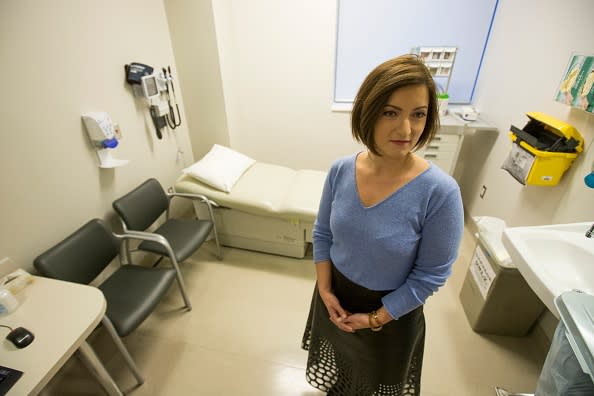Doctor who gave U.S. Senate a lesson on healthcare shares new ideas for Canada

When Canadian Dr. Danielle Martin spoke before the U.S. Senate in 2014 about universal healthcare, her solid and collected defence made national headlines.
Video of her appearance before a sub-committee hearing on Obamacare went viral, with more than 1.4 million views. The Medical Post named her one of Canada’s most powerful doctors.
Dr. Martin’s mission to strengthen Canada’s health care system and reduce wait times for emergency services continues. She shares her message in a new book called, “Better Now: Six Big Ideas to Improve Health Care for All Canadians.” In the book, she examines several ways the country can do better when tending to our health and well-being. Her plan includes six key ideas:
Ensure every Canadian has regular access to a family doctor or other primary care provider
Bring prescription drugs under Medicare
Reduce unnecessary tests and interventions
Recognize health care delivery to reduce wait times and improve quality
Implement a basic income guarantee to alleviate poverty, which is a major threat to health
Scale up successful local innovations to a national level
In an interview with CTV’s Your Morning, Dr. Martin said the conversation shouldn’t be about whether Medicare is worth saving or not, but instead we should focus on how to improve it.
In order to do so, Dr. Martin said connecting every Canadian with a family doctor (or primary care provider) is very important. Relying primarily on walk-in clinics means “people are getting convenient access to care, but not necessarily the kind of relationship-based health care that we know is really the best things for our health.”
She also told CTV that in order to reduce wait times, surgeons should create a centralized list rather than keep their own wait list, so that patients can be seen when a doctor is next available.
Dr. Martin also targeted unnecessary tests and interventions for creating congestion within the health care system. In her opinion, almost one in three medical imaging procedures like ultrasounds and X-rays provide “no useful information to the management of a person’s case.”
“If it’s not going to improve your health, or perhaps even harm you, we shouldn’t be doing it,” she stated.

